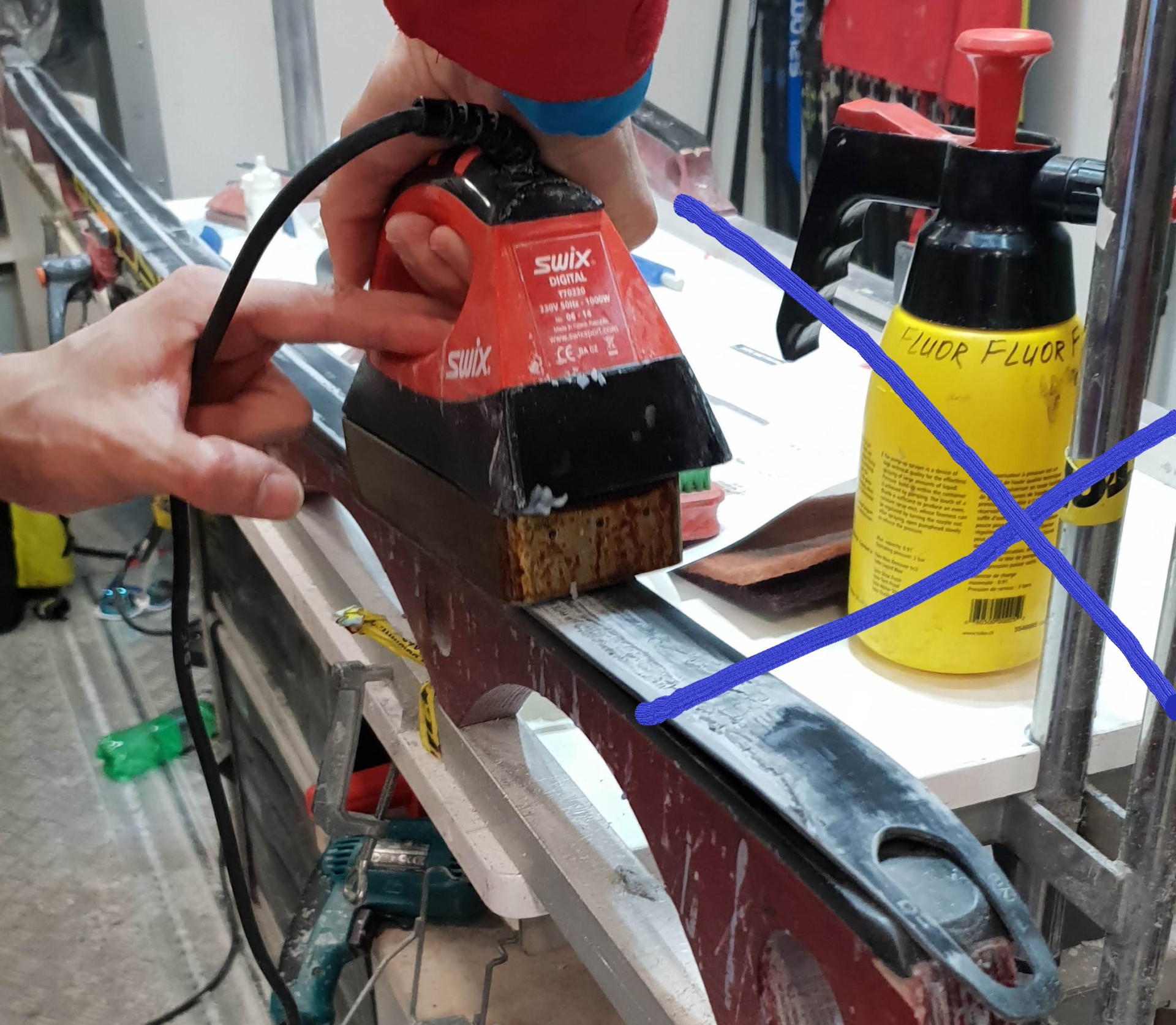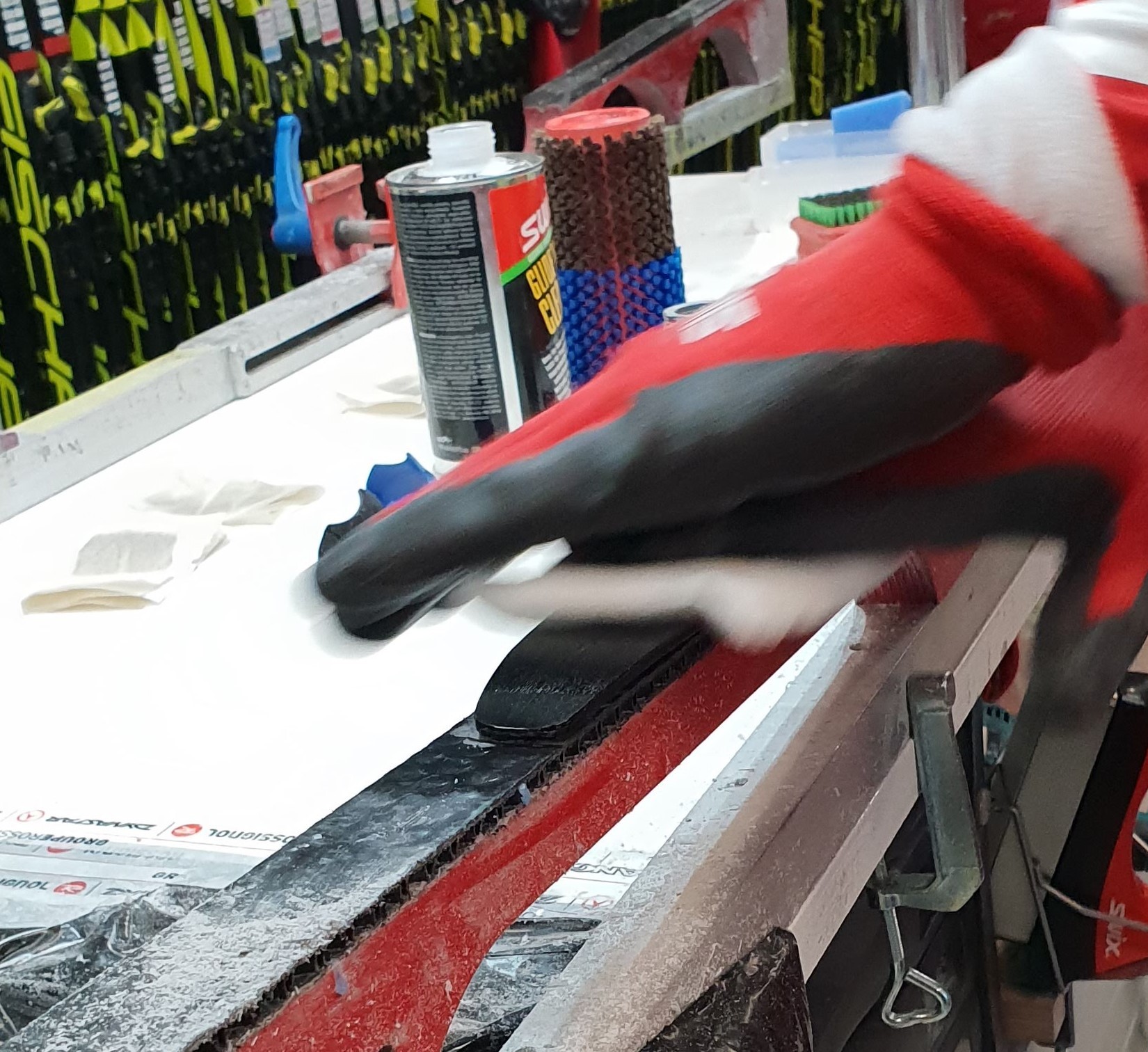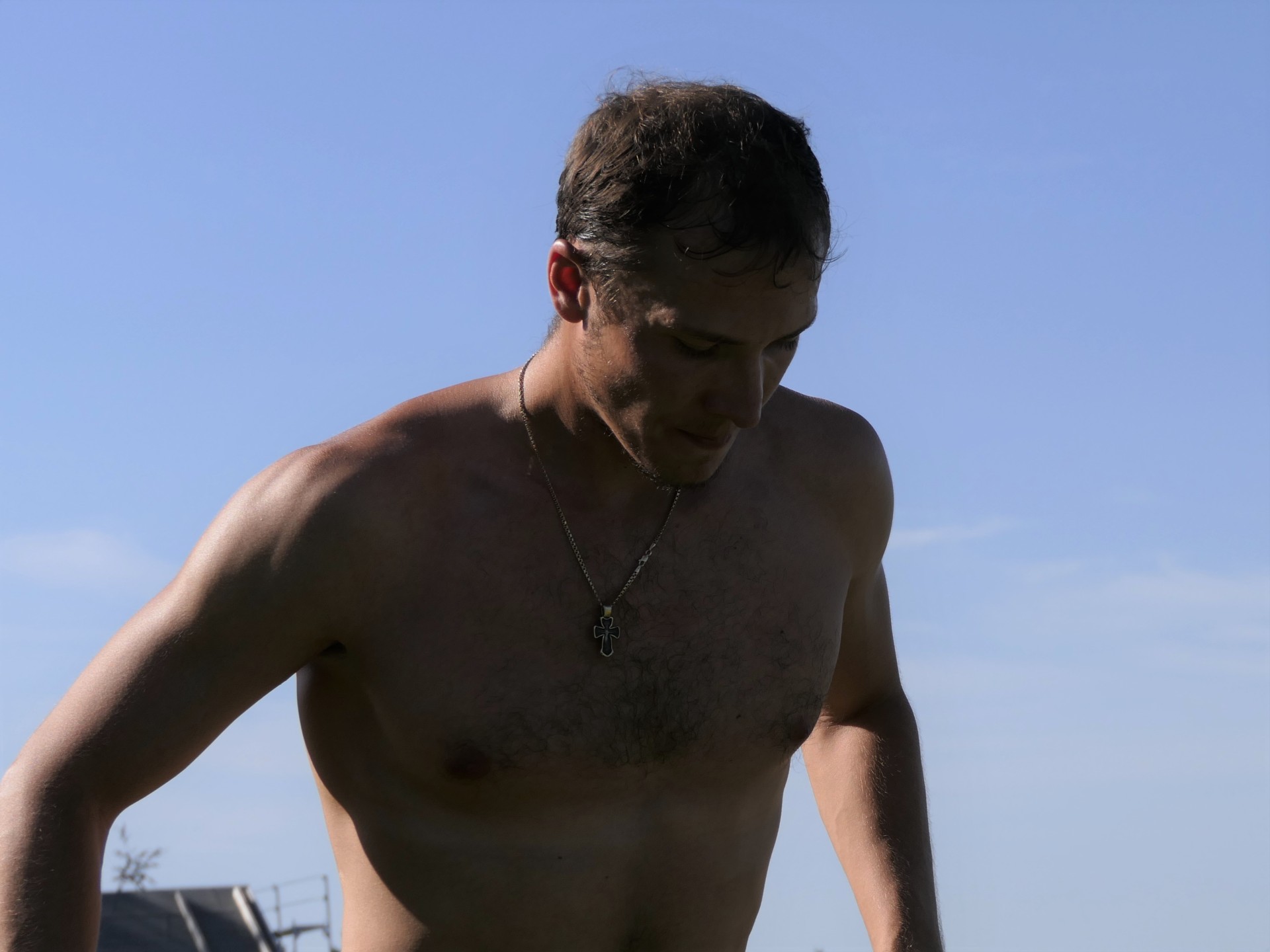
Pierre Mignerey, the race director of cross-country skiing at the International Ski Federation since 2012, in interview with Ski Chrono/ Le Dauphine
“The next year an environmental standard goes into effect that will ban production, distribution and importation of fluorine wax in the European Union…. The problem is that we have no way to control the teams for the moment. “
Quite a thing to say, coming from one of the top bosses of international cross country skiing – and quite an issue overall.
So, we decided to publish more relevant excerpts from our recent conversation with one of the key people pushing non-fluoro revolution in xcskiing. Say hello again to Joel Svedlund, project manager with Peak Innovation and one of the organizers of The POPFREE Ski Goes Global project
– You will see non-fluorinated waxes, both blocks and liquid, and possibly even powders, being marketed within the next years. Some are already on the market. The race oriented wax brands are most likely to put out high-performance non-fluorinated waxes, and we will for sure see a few new ones as well.
– Some non-fluorinated nano-paraffin products that recently entered the Scandinavian market at a clearly higher price point that match the fluorinated race waxes. I would guess that any new innovations that hit the highest performance target will also come at a high price, regardless of fluorinated or not.
– All wax manufacturers who have significant sales to the Nordic market will have developed something within a year or two since the whole Norwegian youth scene is now running fluorine free competitions. And since Vasaloppet and other competition organizers are moving in that direction too, there is a market. The quality and performance will most likely vary and probably take some bigger steps forward in a couple of years, as this is a “new” development area.

– We are looking for PFAS-free or fluoro-free. LF contains the exact same compounds, but only in lower concentrations.
– The testing method on presence of fluoro wax, SkiFT, is a sampling method where you take samples before the race and send to a lab for analysis. The method is today still at pilot stage, and will continue to be verified and fine tuned in Norway and probably some Swedish competitions this winter. At this point the sampling is cheap, sampling materials are witnin €10-20 and the sample process takes no more thatn 1-2 minutes. The analysis of the samples costs about €100 a piece and takes no more than a week including transport, 2-3 days if very close to the lab. There are many ideas of how to streamline the process, lower cost and speed up analysis times.
– The method is today not at the level to support personal disqualification from a judicial standpoint, but good enough to track the use and notify the clubs/skiers of results.
– Development will follow three main lines: new high-performance waxes, new regulations and new test methods. Around that is of course a lot of knowledge/awareness building, working conditions in waxing and air quality, safety equipment, waste handling etc. Methods, routines and finally politics around the whole topic. In many ways you can compare it to the doping issue as it is implying a regulation of substances that enhance performance while being very hard to identify and track.

